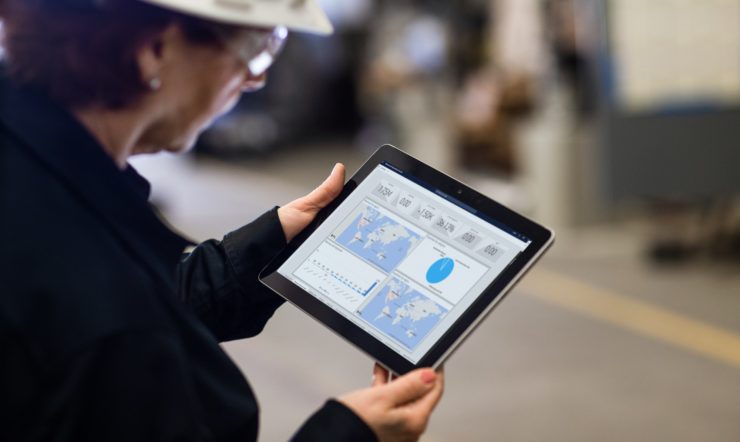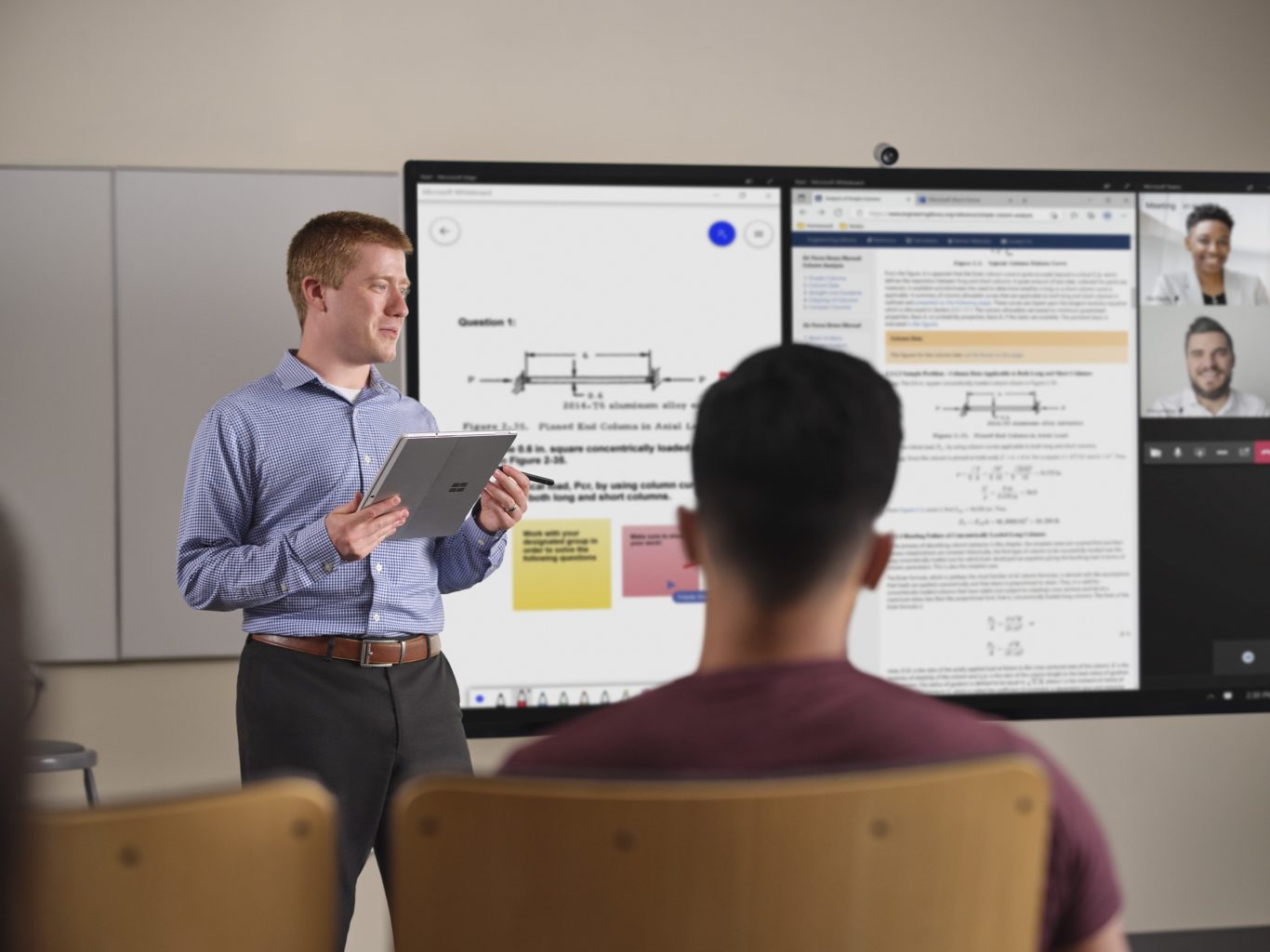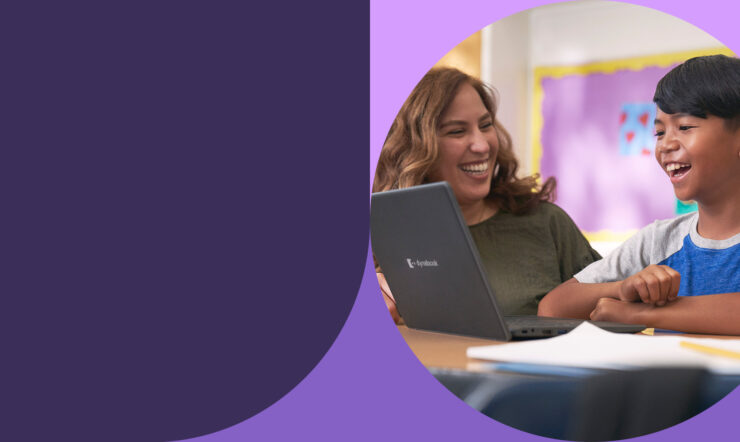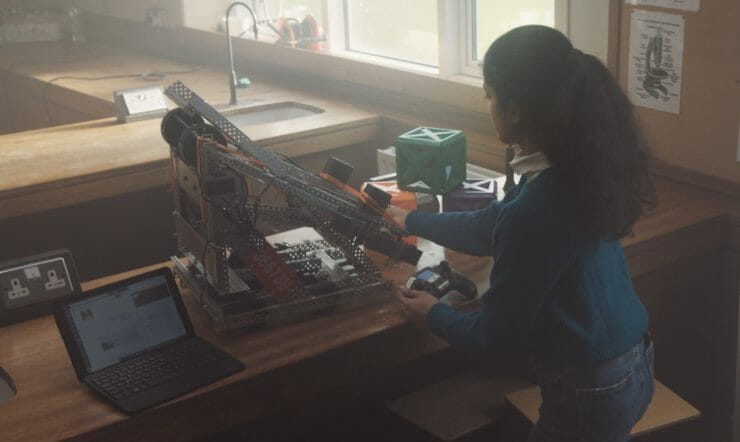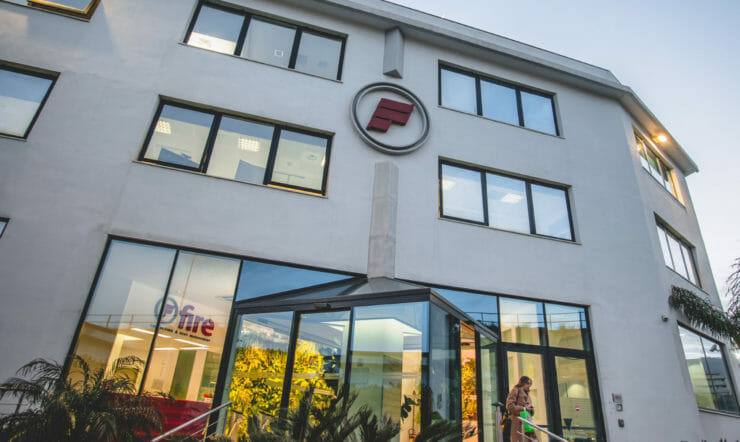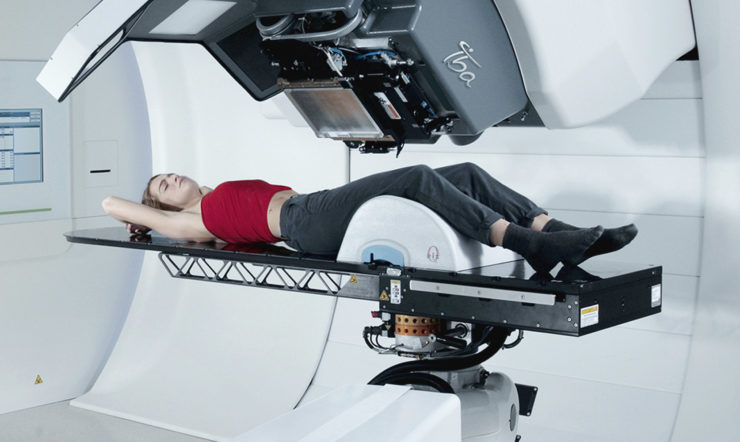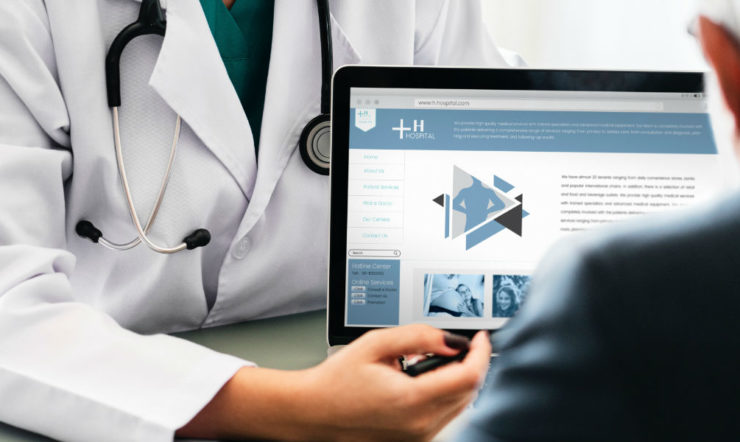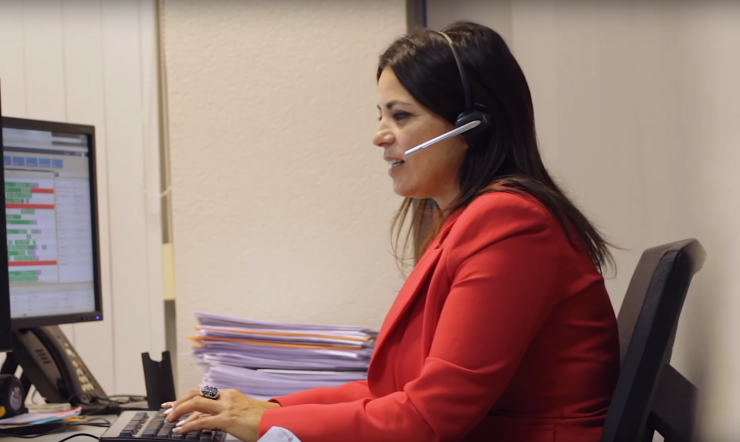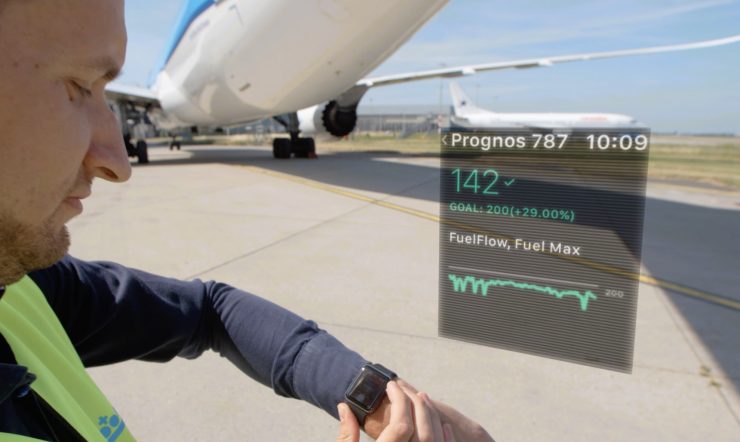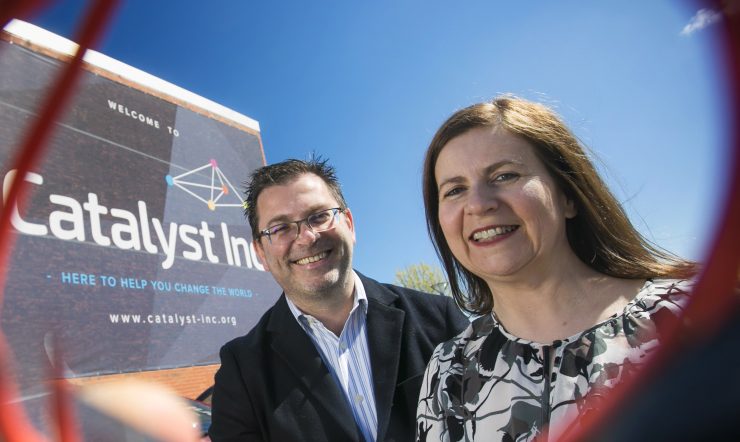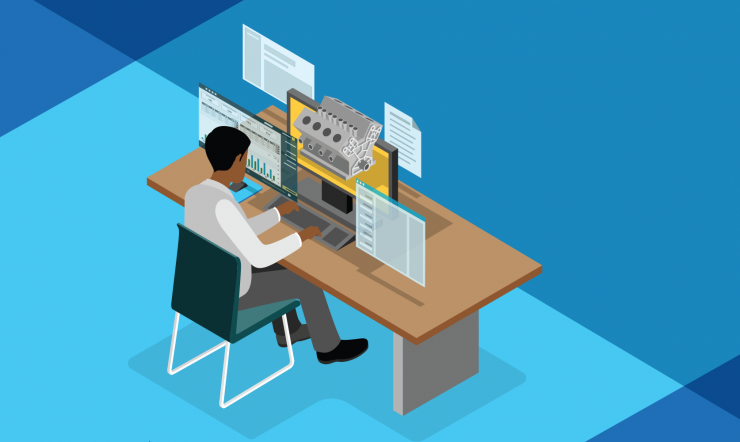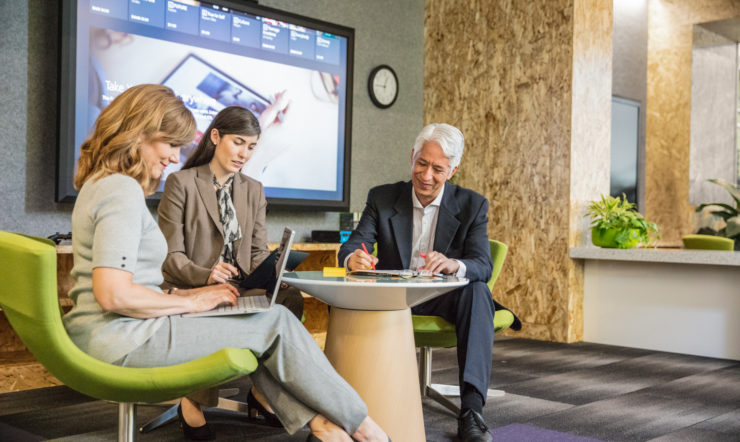Northern Ireland moves to cloud-first education
All teachers in the region now being equipped with Surface Pro laptops
Transforming how education is provided in Northern Ireland over the next decade is a crucial goal for the region’s Education Authority. To meet digital skills needs over that period and beyond, the authority is implementing a versatile and cloud-first education service.
For that strategy to work and for the system to thrive, Northern Ireland’s teachers need to be properly equipped and supported.
This is why we were delighted to partner Capita to supply 20,000 Microsoft Surface Pro 7+ laptops to teachers in the region across all types of schools, from nurseries to post-primary and including special schools and EOTAS centres.
The world-class devices provided through this £17m/€24m project open the door for teachers to engage in more enhanced creative teaching methods, sparking their students’ interest and urge to explore knowledge.
The ongoing experience in countries such as Australia, Finland, New Zealand and Singapore shows us the digital transformation of schools and learning is both possible and valuable, and this project offers Northern Ireland the opportunity to become a leading light in this sphere itself.
Embracing the shift to digital education
While the onset of the pandemic in early 2020 meant both teachers and students had to rapidly re-adjust to online and hybrid learning, we’ve all learned over the past two years that digital learning can be powerful and valuable, albeit with its own challenges.
With this rollout of Surface laptops, the Education Authority can capitalise on the openness of those in the classroom to embrace digital education, while also benefitting from economies of scale and environmental benefits.
A more personalised learning experience
One of the key findings of The class of 2030 and life-ready learning, a 2017 Microsoft and McKinsey & Co report, was that students want a better relationship with teachers. They want more instant feedback, and they want personalised learning.
Teachers equipped with these devices can lean into having exactly that type of more holistic, rounded relationship with their students.
Using this type of technology in the classroom also provides greater opportunities for students to engage in more interesting tasks. Those could involve complex problem-solving or computational thinking, for example, as the computer can do the heavy lifting while the students consider the problem or question more laterally.
Boosting teachers’ skills and capabilities
Providing teachers with these world-class devices enables them to innovate in the classroom and empower their teaching even more, while also aiding them to be more productive and engage more easily in peer-to-peer collaboration.
“We are delighted to be working with Microsoft to provide over 20,000 new state of the art laptops to Northern Ireland’s teachers”, said Costi Karayannis, Managing Director and Client Partner for Education and Learning at Capita, “these new devices are enhancing the classroom learning experience for students and supporting further professional development for teachers.”
The associated professional learning enables them to discover and meet new pedagogical opportunities and deliver more engaging curriculum content.
The professional learning programme has been designed to empower the teachers to build on their skills and access additional supports aligned to their personal learning and career preferences.
Furthermore, the introduction of these devices gives teachers more flexibility and gives them more opportunity to engage in meaningful ways with students who have additional learning needs.
A commendable leap forward
Large-scale change management is never easy and any education system embarking on widespread digital transformation will meet some challenges. These can be overcome, of course, with collaboration and commitment.
Microsoft is dedicated to being on this journey with Northern Ireland’s Education Authority, supporting it throughout and offering our resources to enable it to implement its future-focused digital education strategy.
